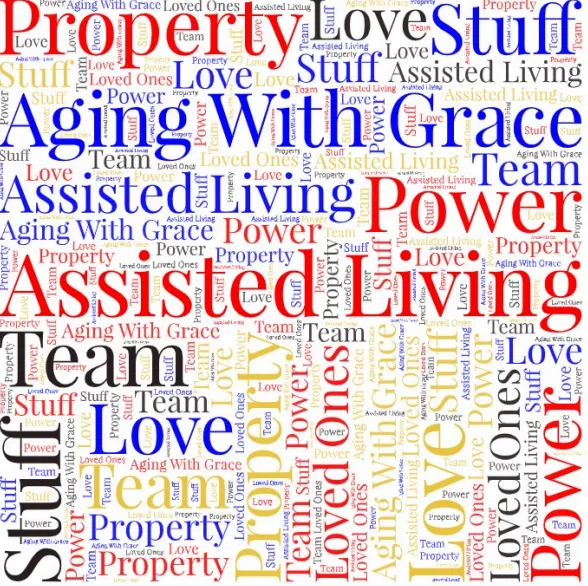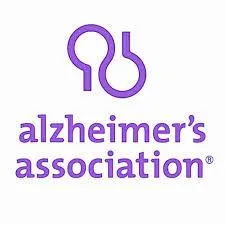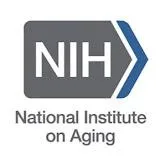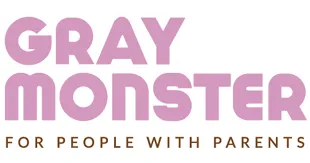9am - 8pm CST
Placement, downsizing, and transition planning — All in one place
We Help Families Navigate Senior Transitions—At No Cost to You
Serving seniors & their families nationwide
ask us anything!
Got questions? We're here to help! Whether it's about senior living, downsizing, or options to pay for care - feel free to ask us anything. We're ready to guide you every step of the way!
816-588-3031
It's FREE!
Start your transition planning journey today.
A Holistic, Family-Centered Approach To Caring For Older Adults
who we are
Your Trusted Senior Living Experts
We offer support, guidance, and expertise to help your loved one transition to a welcoming community. Our mission is to empower families with the best information and tools to make the right decisions for their aging loved one.
Independent Living
Assisted Living
Memory Care
Communities that accept Medicaid
our services
Resources for aging in place, or finding a welcoming community
Tailored & comprehensive
transition planning
Expert advice on options available to pay for care
Adults age 65+ who will require long-term care
Assisted living residents requiring memory care
Seniors paying out-of-pocket for care expenses
Don't wait - start planning today.
We simplify the aging journey for you and your loved one. Our dedicated team is here to guide you through every step, providing expert advice and personalized support.
Find resources for aging in place, or transitioning from home
Allow us to connect you with our trusted partners to ease the stresses of aging
Explore creative ways to pay for care
Frequently Asked Questions
What is the average cost of senior living, and how are we going to pay for our loved one's care?
Depending on the type of care, costs can range from $1,500 to $10,000 per month, with a national average range of $3,000 - $5,500 per month. The actual costs may be higher or lower than average, depending on the location of the senior community. Many families elect to use private pay or retirement funds for these expenses, and some may qualify for Medicaid or other assistance programs.
One commonly overlooked way for families to afford senior care is through selling Mom or Dad's home. Our specialists can help you sell the home or property as-is (and quickly), so those funds can go toward monthly living expenses in the senior care community.
What's the difference between a nursing home and assisted living?
Senior living options can be confusing. Let's break it down:
Active Living: A residential community designed for older adults who are generally independent and desire an active lifestyle with opportunities for social interaction and recreational activities. Commonly, these are apartment-style communities with robust amenities and accommodations.
Independent Living: Small, apartment-like communities equipped with kitchens, laundry facilities, a gym, an exciting event calendar, chef-prepared meals, excursions, transportation, and housekeeping. There is no nurse on staff at this type of community.
Assisted Living: A residential community designed for seniors who need some help with ADL's like personal care, meals, and medications--but do not require full-time medical care. These types of residences are similar to an apartment, with medical staff on site.
Memory Care: A specialized community supporting seniors with Alzheimer's disease, dementia, or other cognitive impairments. These communities provide a secure environment, with specially trained staff, and activities that enhance cognitive function and reduce confusion or agitation in residents.
Residential Care Home: A small, home-like setting that provides personalized care for seniors. These homes often house a small number of residents (typically between 4 and 10 people) and assist with ADLs. These settings are more intimate, with a higher caregiver-to-resident ratio.
In-Home Care: These service providers assist seniors with either medical or non-medical needs, to be able to age in place at home. Non-medical in-home care includes assistance with household tasks, ADLs, and companionship. Medical in-home care refers to those who receive therapy, wound care, or other skilled nursing care typically in an acute setting after surgery or a hospital stay.
Nursing Home or Long Term Care Community: A care setting that offers skilled nursing for those who need more medical care than what is offered in assisted living communities, such as medication management, intensive therapy, or 24/7 monitoring.
I don't know what assets my family has available to afford care, or if there is a will or trust in place. Can you help with legal matters like this?
While we are not trained in legal matters, we will connect you with the right professional to answer your questions! We have trusted elder care attorneys to invite into the conversation. These legal experts can help you navigate questions about assets, medical power of attorney, wills, trusts, and everything in between.
Is there a charge or fee for senior placement services?
Nope! Our placement and transition services are completely free for families. We're paid by the communities we work with - never by you.
How do I know when it's time for myself or a loved one to transition to a senior living community?
1. Inability to maintain daily activities like showering, dressing, eating, laundry, grooming (also known as Activities of Daily Living or ADLs)
2. Inability to maintain the home: decline in cleanliness, burners still on after cooking, odd things in fridge or cupboard
3. Forgetting medications: finding expired or stockpiled medications in the home, or if they're simply forgetting to take their medications (or double-dosing because they forgot they already took it)
4. Change in personality: differences in mood, or loss of interest in things that were once fun. You may also noticed they become withdrawn from friends or family.
5. Changes in eating habits: lack of quality in meals, expired food in the pantry, empty shelves in fridge
6. Inability to manage finances: mail is piling up, bills are being neglected, receiving calls from collections
7. Increasing number of accidents or injuries: unexplained bruising or minor wounds, increase in reported falls or incidents
8. Decrease in confidence while driving: avoiding driving or driving less; dents and scratches in the car, garage door, or mailbox
What areas do you serve?
We work with families nationwide, with team members currently based in Northern Colorado, Chicago, and the San Francisco Bay Area. We can meet with families virtually, attend community tours via video chat, and connect you with senior living professionals in any state to assist with the entire transition process.
I'm just getting started on this journey with my parent. What can I expect with the progression of living and aging?
Not everyone's story unfolds quite the same, however there are many similarities. Our trained Senior Transition Specialists are here to guide you and advise you with every step along the way. If level of care changes, we will help you navigate what is next for your family and loved one.


quick info
5252 S Cornell Ave. , Chicago, IL 60615
(816) 588-3031





